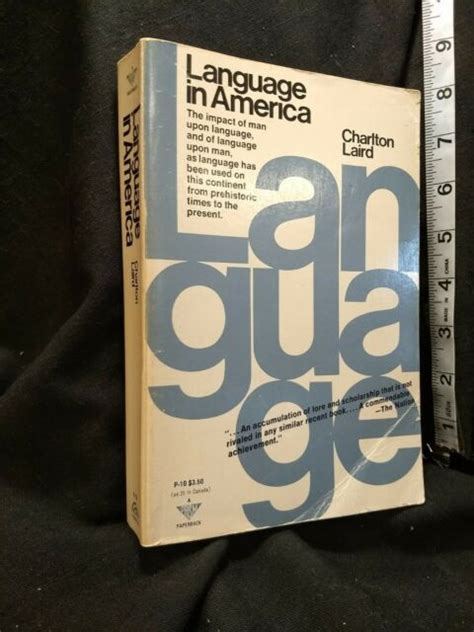A Quote by Peter Kropotkin
Men passionately desire to live after death, but they often pass away without noticing the fact that the memory of a really good person always lives. It is impressed upon the next generation, and is transmitted again to the children. Is that not an immortality worth striving for?
Related Quotes
your actions live after you till this globe is dissolved; they pass inevitably down as an inheritance from one generation to another. ... decency and integrity, courage and compassion, are always well worth while; they are not lost, but pass on down the generations; we are indeed the heirs of all the ages.
The object is not so much to get you to keep a journal while you are young, as it is to get you to continue it after you become men and women, even through your whole lives. This is especially needed in the generation in which you live, for you live in as important a generation as the children of men ever saw, and it is far more important that you should begin early to keep a journal and follow the practice while you live, than that other generations should do so.
Freedom is always just one generation away from extinction. We don't pass it to our children in the bloodstream. We have to fight for it and protect it and then hand it to them, so that they shall do the same, or we're going to find ourselves spending our sunset years telling our children and our children's children, about a time in America, back in the day, when men and women were free.
The man who has lived his life totally, intensely, passionately, without any fear - without any fear that has been created in you by the priests for centuries and centuries - if a person lives his life without any fear, authentically, spontaneously, death will not create any fear in him, not at all. In fact, death will come as a great rest. Death will come as the ultimate flowering of life. He will be able to enjoy death too; he will be able to celebrate death too.
That was one of the most fundamental and sacred duties good friends and families performed for one another! They tended the flame of memory, so no one’s death meant an immediate vanishment from the world; in some sense the deceased would live on after their passing, at least as long as those who loved them lived. Such memories were an essential weapon against the chaos of life and death, a way to ensure some continuity from generation to generation, an order of endorsement and meaning.
Accustom yourself to believe that death is nothing to us, for good and evil imply awareness, and death is the privation of all awareness; therefore a right understanding that death is nothing to us makes the mortality of life enjoyable, not by adding to life an unlimited time, but by taking away the yearning after immortality. For life has no terror; for those who thoroughly apprehend that there are no terrors for them in ceasing to live.
We who choose to surround ourselves
with lives even more temporary than our
own, live within a fragile circle;
easily and often breached.
Unable to accept its awful gaps,
we would still live no other way.
We cherish memory as the only
certain immortality, never fully
understanding the necessary plan.
Death is nothing to us: for after our bodies have been dissolved by death they are without sensation, and that which lacks sensation is nothing to us. And therefore a right understanding of death makes mortality enjoyable, not because it adds to an infinite span of time, but because it takes away the craving for immortality.
Actively we have woven ourselves with the very warp and woof of this nation, - we have fought their battles, shared their sorrow, mingled our blood with theirs, and generation after generation have pleaded with a headstrong, careless people to despise not Justice, Mercy and Truth, lest the nation be smitten with a curse. Our song, our toil, our cheer and warning have been given to this nation in blood-brotherhood. Are not these gifts worth the giving? Is not this worth the striving? Would America have been America without her Negro People?
Karma is experience, and experience creates memory, and memory creates imagination and desire, and desire creates karma again. If I buy a cup of coffee, that's karma. I now have that memory that might give me the potential desire for having cappuccino, and I walk into Starbucks, and there's karma all over again.
The fact that only humans above a certain age can be morally virtuous, rather than babies or cats, means that that being moral requires some cognitive ability. If virtue is about desires, it is worth remembering that you can't desire some things without being able to conceive of them. Suppose a virtuous person will desire to make people happy and desire to tell the truth. You can't desire to make people happy without having the concept "happy" and you can't desire to be truthful if you don't have have the concept "lie", so a cat or a baby cannot desire these things.
Although we like to think of young children's lives as free of troubles, they are in fact filled with disappointment and frustration. Children wish for so much, but can arrange so little of their own lives, which are so often dominated by adults without sympathy for the children's priorities. That is why children have a much greater need for daydreams than adults do. And because their lives have been relatively limited they have a greater need for material from which to form daydreams.











































